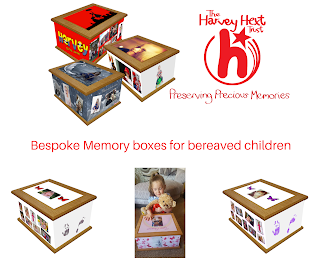Project summary
Designing a discrete event simulation model to enable a helpline to provide good service levels across all channels.
The NSPCC works to end child abuse and enable children to be safe and supported. Its helpline, for adults and professionals with concerns about a child, handles live calls, call-backs, emails and direct messages; but the system that manages the helpline is not sophisticated enough to support planning for this variety of channels. The NSPCC would like a discrete event simulation model of the helpline’s processes, to enable them better to match staff levels to varying workload, improve service levels, and explore ‘what-if’ scenarios to deal with different resourcing patterns and changes in demand.
The volunteer(s) will need to spend some time understanding the current system, how the helpline works, and what data is available, before designing a model that can be used to start answering the questions. It will probably be appropriate to design a fairly simple model first, and (depending on time available) work with the NSPCC staff to adapt and develop it to ensure it can answer the most important questions.
The senior sponsor of the project is an experienced OR and data science professional, who will be able to provide direction but will not be able to spend much time on the project. The volunteer will be asked to work closely enough with the data professionals and operations staff at NSPCC to ensure shared ownership and skills transfer by the end of the project.
The volunteer should have some experience in discrete event simulation; or, if a team takes this on, at least one member should be experienced in DES and able to lead the model development. Ideally they will also have experience in participatory modelling, enabling not just the managers but the staff who provide the service to explore model insights and input into the analysis.
The Helpline is a crucial communications channel for the NSPCC to be there when children, young people and adults concerned about them are most in need. By enabling NSPCC to meet its service level targets, and to be resilient to variation in demand, this project will increase the flow of information and help prevent children falling through the cracks.
Location
Remote
Commitment
This is potentially a large project, and will suit a team of people working together, or a single volunteer who is willing to give several weeks (spread over several months). Alternatively, it can be ‘chunked’, with the first part of the project being to develop a rapid prototype, and subsequent parts involving refining and using the model. When applying, please indicate what would suit you best, or call us to discuss.
Desired project start date
The current system is unsatisfactory so NSPCC would like to start as soon as possible. However, there is no specific target date, or deadline, so dates can be arranged to suit the volunteer.
Desired project completion date
There is no specific target date, or deadline, so dates can be arranged to suit the volunteer.
Apply
If you feel you are able to offer your assistance please complete the application form and return along with your CV to ProBonoOR@theorsociety.com by Monday 16 January 2023.
The OR Society fully supports equal opportunities.
Information about the organisation
For further information about the NSPCC please visit https://www.nspcc.org.uk/
Information about Pro Bono OR
For further information about the Pro Bono OR scheme, please visit: www.theorsociety.com/Probono or email ProBonoOR@theorsociety.com









